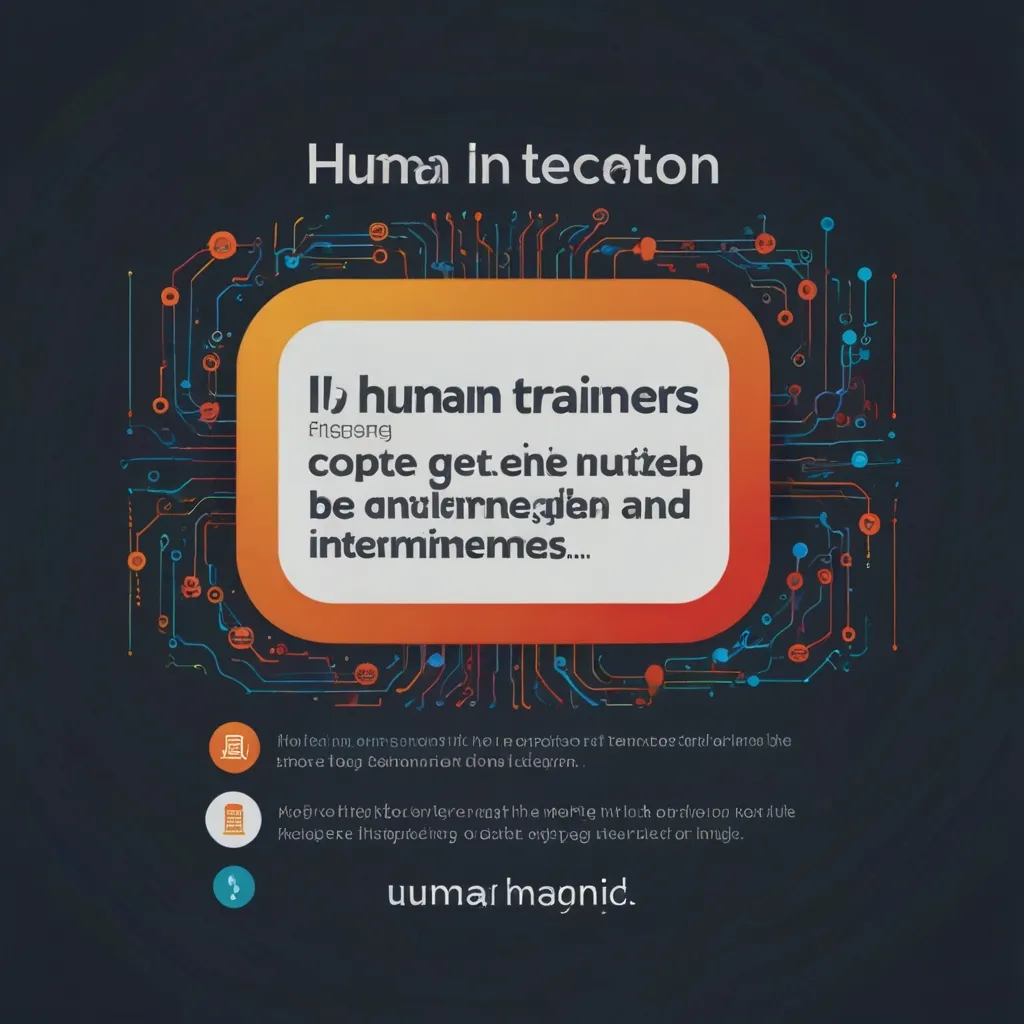Ever wished you were a bit smarter, hoping that extra brainpower could lead to more success in life? You’re not alone. But here’s a twist: being highly intelligent might not be the golden ticket you think it is. In fact, it comes with some significant drawbacks. Let’s explore three major disadvantages that highly intelligent people often face and see how you can outsmart them by avoiding these pitfalls.
First off, there’s a common myth many of us believe: that most successful people have sky-high IQs. However, recent research debunks this. There’s no solid connection between a person’s IQ and their net worth. The world is full of brilliant, highly intelligent individuals who aren’t necessarily happy, accomplished, or financially successful. Sometimes, being intellectually gifted can actually be a hindrance, and here’s why.
Highly intelligent people can become lazy. They’re used to coasting through school without much effort, grasping concepts quickly, and picking up new skills without breaking a sweat. As a result, they might lack perseverance. But success often comes from facing failure after failure and persisting nonetheless. Many self-made millionaires achieved their wealth through relentless determination and learning from mistakes. If you’re willing to try new things and embrace failure as a learning opportunity, you’ll be on the path to success.
Another drawback is that smart people tend to socialize less. They’re often introverted and have fewer friends. Yet, success frequently comes from collaborating with others, exchanging ideas, and being open to different perspectives. Many opportunities arise from being in the right place at the right time, which means putting yourself out there and networking. Being social can make you “luckier” because you’re more likely to encounter new opportunities and ideas. If socializing doesn’t come naturally to you, try reading “How to Win Friends and Influence People” by Dale Carnegie. It’s a timeless guide on networking and building relationships.
The third major disadvantage is that highly intelligent people tend to overthink and underdo. They might kill a great idea before it even gets started or strive for perfection, missing out on real-world feedback. This tendency to overanalyze can lead to paralysis by analysis. While an analytical mind has its benefits, it’s crucial to balance it with action. Take chances on new business opportunities without getting bogged down by potential pitfalls. Remember, no matter how detailed your plan is on paper, you won’t know if something works until you try it. Think about Jeff Bezos starting Amazon—a lot could’ve gone wrong, but he took the plunge anyway.
Being smart isn’t just about having high intellectual capacity. It’s about making the best use of what you’ve got. Despite what you might have been told in your early years, you have every capacity to be smart in life. So take action, socialize, and embrace perseverance. You might just end up outsmarting those who rely solely on their high IQ.






